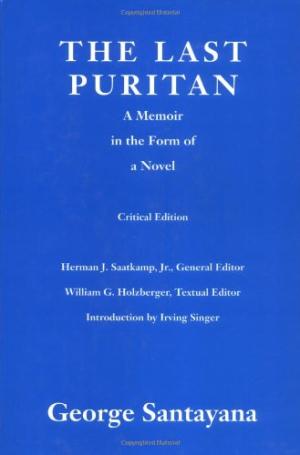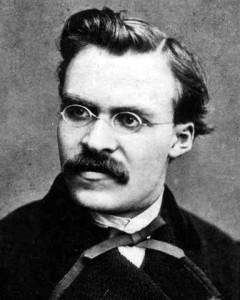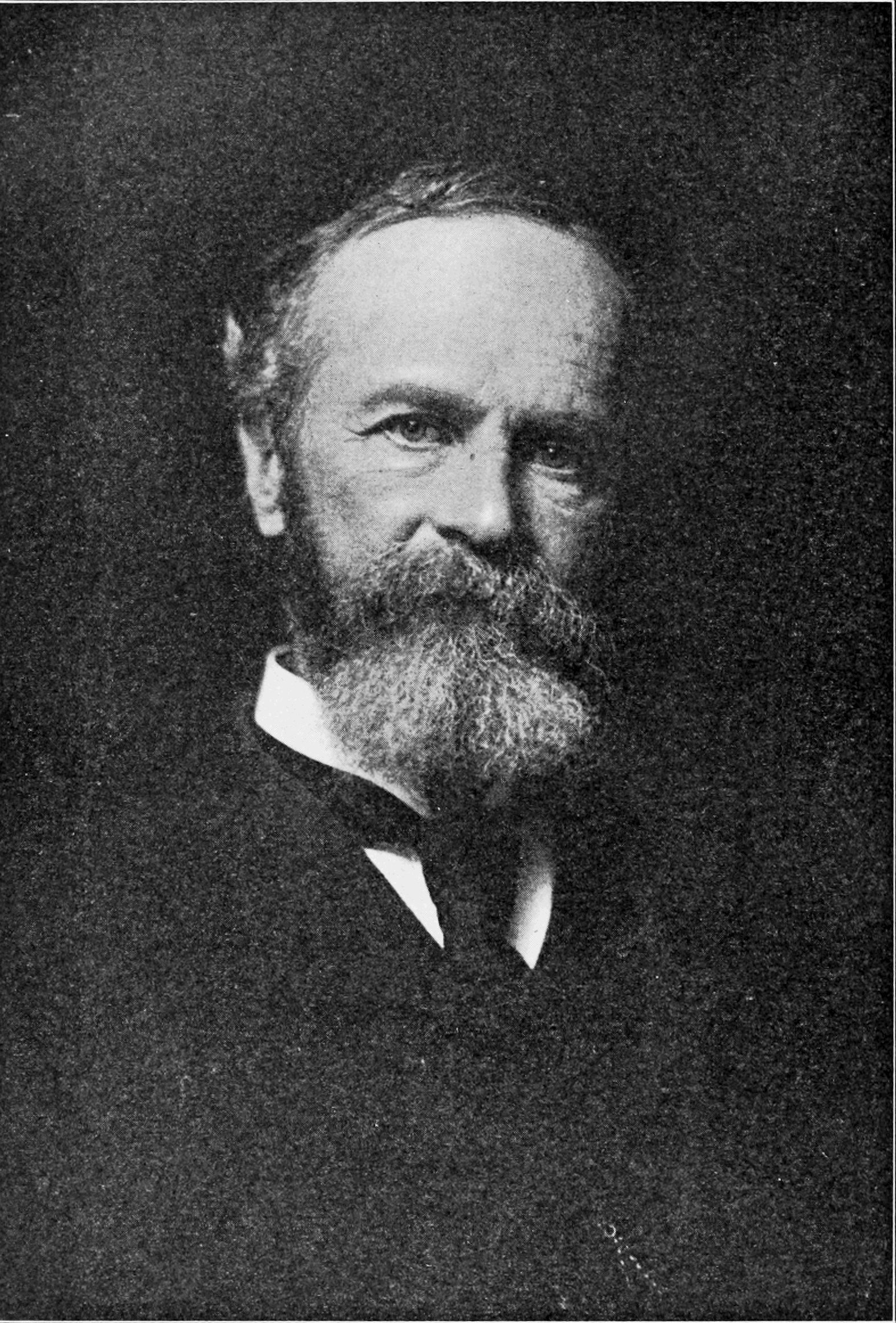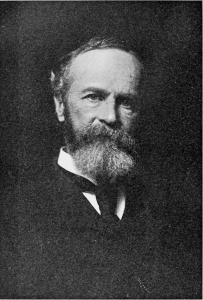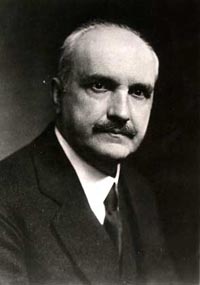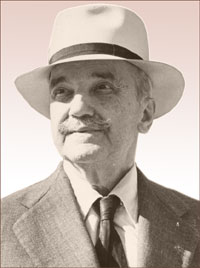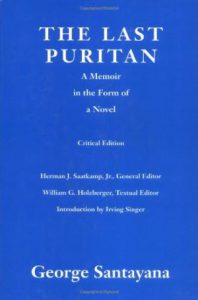 To Charles P. Davis
To Charles P. Davis
Hotel Bristol,
Rome. April 3, 1936
Dear Davis
I didn’t send you my novel because I felt that you wouldn’t like it. It’s not Catholic enough—really quite pagan and desolating in its background—and then the moral problem for poor Oliver is quite different from what I expect troubled you when you were young. Your difficulties were plain human difficulties and choices between clear-cut contrasted whereas Oliver is a born (and bred) transcendentalist, thinks always from the pure ego outwards, and never can get outwards very far. Then his feelings and passions are mixed up horribly, and helpless: I was going to say “impotent”, but that would be misleading, because he was far from impotent physically, only emotionally and morally inhibited, and without the courage of his inclinations. He was too tied up ever to find out clearly what these inclinations were. That was why he petered out. Meantime he behaved very well, was loyal and generous (as all my American friends have been) and had a great many noble thoughts: but even his thoughts didn’t cohere into anything specific. . . . Perhaps there are other incidental things in the book that rub you the wrong way, or leave you cold. But I assure you that the texture of the book is good, and that you would like it if you weren’t expecting something else. It certainly is remarkable how people have taken to it in America. I suppose in part it is curiousity to see how “high-brow” experience expresses itself: but in part it must be that they, or some of them, see the fun in the book, and are really entertained. It isn’t a professional novel, with the events arranged to make a story. It is just a rambling biography, tossed along from one incomplete situation to another, as in real life. I meant it to be that. The world is not a tragedy or a comedy: it is a flux.
I am thinking of going to Paris in the summer . . . unless there is a war. But I think not. The talkers will continue to talk and the doers to do, and we outsiders will be allowed to look on and amuse ourselves.
From The Letters of George Santayana: Book Five, 1933–1936. Cambridge, MA: The MIT Press, 2003.
Location of manuscript: Butler Library, Columbia University, New York NY.

